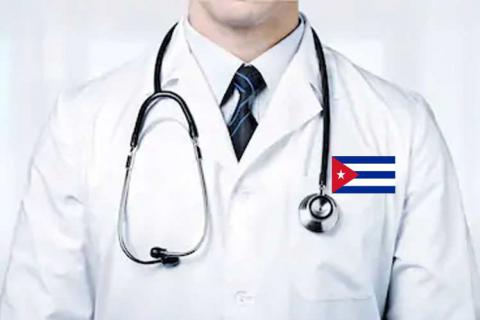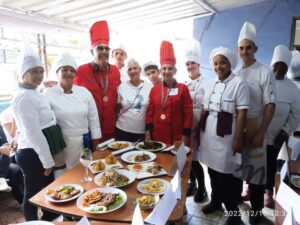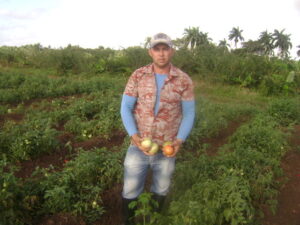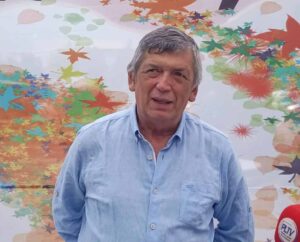Every 3 December, Latin American Medicine Day is celebrated to pay tribute to the sector, coinciding with the birthday of the Cuban scholar Carlos Juan Finlay y Barrés, born in Camagüey in 1833, who discovered the transmitting agent of yellow fever.
A marked vocation of service to humanity is the sentiment that moves those who dedicate themselves to the noble profession of working in the medical sector.
In different specialities: doctors, nurses, technologists, etc., all are essential to society in order to provide it with well-being and happiness.
Those in charge of restoring and preserving man’s most precious treasure: health, have the privilege and the commitment to be closer to the human being.
They are dressed in impeccable white, but more than their investiture, it is the instinct to help and aid that makes them work night and day, any day of the week, on festive or mournful dates, in cyclones, in intense heat or cold.
Always indispensable, they are equally useful in hospital wards, polyclinics, family doctors’ surgeries, mothers’ and grandparents’ homes, schools, airports. ….
Their range of action touches the whole of society, as they are necessary in the care of hospitalised and ambulatory patients, those requiring surgery, in vaccination campaigns, preventive screening for diseases, or from house to house in the care of chronic or bed-ridden patients.
Specialists in any branch of health care never retire, because even when they retire, they continue to serve their families, neighbours and friends. It is a kind of lifelong priesthood.
They spend hours and hours with patients, both to carry out prescribed treatments, monitor their reactions, condition and evolution, and to attend to the multiple needs of the patients and their families.
They excel in caring for the wounded in wars, the victims of natural disasters, the injured in accidents and catastrophes… the greater the risk and the greater the need, the more they grow. The pain of others is not alien to them.
Cuban medical personnel have demonstrated to the world their internationalist essence, when thousands and thousands have taken medical assistance to the top of the Himalayas, to the jungle, to indigenous communities, to cities and towns, in situations of peace or war, in intense cold, in relief work after earthquakes and natural catastrophes, anywhere in the world where they are needed.
There is no greater work than that which is involved with the health and life of people, which is why those who work efficiently and conscientiously in the different medical specialties are at a high level of human dignity.




